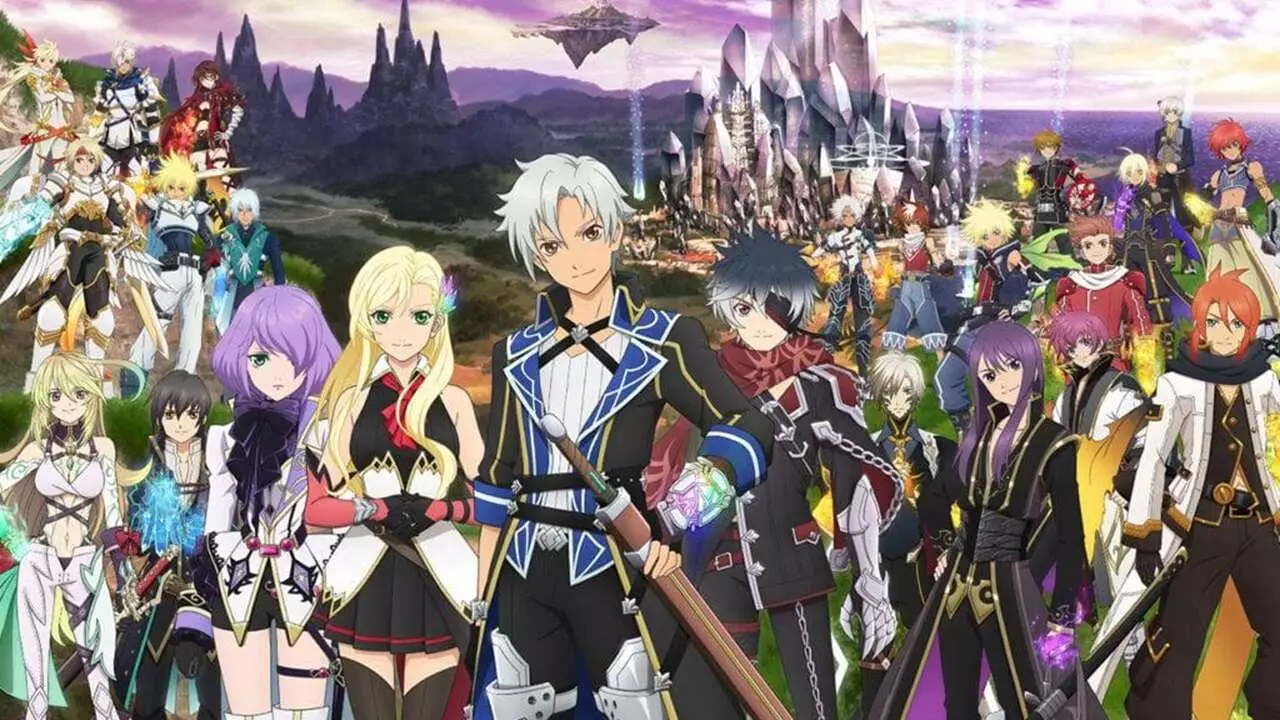The gaming industry has faced significant upheaval in recent times, and Bandai Namco is no exception. In a corporate climate characterized by layoffs and project cancellations, the company has reportedly shelved several anticipated titles, including those tied to the iconic One Piece and Naruto franchises. This notable shift in strategy raises questions about the future of these beloved properties and the implications for the workforce within the organization.
Adding to the turmoil are allegations that Bandai Namco has resorted to controversial methods of staff reduction. Reports have surfaced indicating the company has implemented a traditional Japanese practice, known as oidashibeya, which involves isolating employees in unoccupied rooms to pressure them into resigning voluntarily. This practice has raised eyebrows and spotlighted the harsh realities of corporate restructuring, as nearly 100 workers opted to leave the organization as a result.
Despite Bandai Namco’s denial of such tactics, the negative perception surrounding these claims prompts a broader discussion about the treatment of employees during periods of corporate transition. The company’s stance, reflecting a commitment to strategic assessment and project prioritization, contradicts the lived experience of those who have reported feeling marginalized or coerced.
The termination of projects, including an unnamed collaboration with Nintendo, furthers the narrative of uncertainty surrounding Bandai Namco’s creative direction. The company’s decisions appear reactive rather than proactive, suggesting a struggle to align projects with market viability. As witness to the cancellations of fan-favorite mobile games like Tales of the Rays and the impending shutdown of Blue Protocol, it becomes evident that even established titles are not immune to corporate recalibrations.
The statement issued by Bandai Namco, which emphasizes ongoing assessments for project discontinuation, falls short of alleviating concerns. While it asserts that employees may experience delays in project assignments, the underlying anxiety of an unpredictable work environment looms large. This precariousness may undermine employee morale and further complicate the organization’s long-term viability.
On a more positive note, Bandai Namco’s recent release, Dragon Ball: Sparking Zero, indicates that not all is bleak. The game achieved remarkable sales figures, moving over 3 million units globally within its first 24 hours. This success highlights the potential for lucrative franchises to buoy the company’s financial standing. However, it also underscores a pressing question—how will Bandai Namco leverage this success to stabilize its workforce and reassure stakeholders?
Bandai Namco stands at a critical juncture. The need for clear communication and transparent policies is essential if the company aims to restore confidence among its employees and fans alike. As it navigates these turbulent waters, the challenge will be to balance creative ambition with financial prudence, ensuring that beloved franchises continue to flourish while maintaining a supportive workplace for its dedicated workforce. The path forward remains to be seen, but vigilance in monitoring corporate strategies and employee relations will be crucial for Bandai Namco’s long-term sustainability in the gaming industry.

